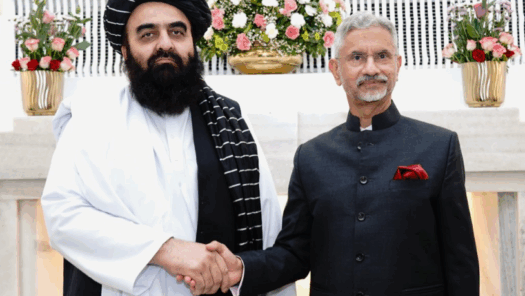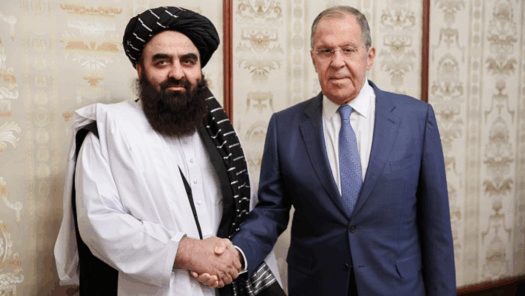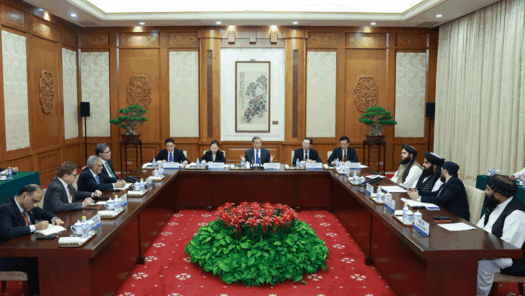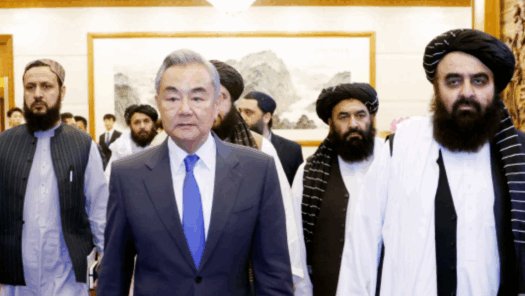Taliban
Return to article
Pakistan’s Coercive Afghan Diplomacy: Doomed to Failure?
The employment of military force as a bargaining tool, or the threat to use it, is an essential component of diplomacy and is now widely accepted as standard practice in statecraft. Coercive diplomacy, in particular, is a defensive strategy used to…

Pakistan’s Future with the Islamic Emirate of Afghanistan
Pakistan’s fragile ceasefire with Afghanistan frayed dramatically last month after two incidents Islamabad says were directed from across the border: a suicide bombing outside an Islamabad district court and an attempted assault on the cadet college in Wana. These attacks,…

SAV Q&A with Avinash Paliwal: India’s Realpolitik vis-à-vis the Taliban and its Regional Implications
Editor’s Note: This is the first part of a two-part conversation with Avinash Paliwal. Read the second part here. In a high-profile sign of the reversal of a decades-old policy, India for the first time hosted a Taliban official on its…

Russia’s Recognition of the Taliban: A Power Play in South and Central Asia?
In early July, Russia became the first country to formally recognize the Taliban regime in Afghanistan. This recognition followed an April 2025 ruling by Russia's Supreme Court to delist the Taliban as a terrorist organization. Russia's recognition signifies a major…

SAV Q&A with Kamran Yousaf: The Future of the China-Pakistan-Afghanistan Trilateral
In May, Pakistan, Afghanistan, and China met for a momentous trilateral dialogue in Beijing, which served to restore Pakistan-Afghanistan ties and renewed the grouping's commitment to extending the China-Pakistan Economic Corridor to Afghanistan. In recent months, China and Pakistan have…

China’s Shifting Landscape in Afghanistan
Once considered the Taliban’s “most important partner,” China faces a changed landscape in Afghanistan compared to the immediate aftermath of the Taliban’s takeover. Following a period of strong engagement with China, the Taliban is now courting a broader array of…